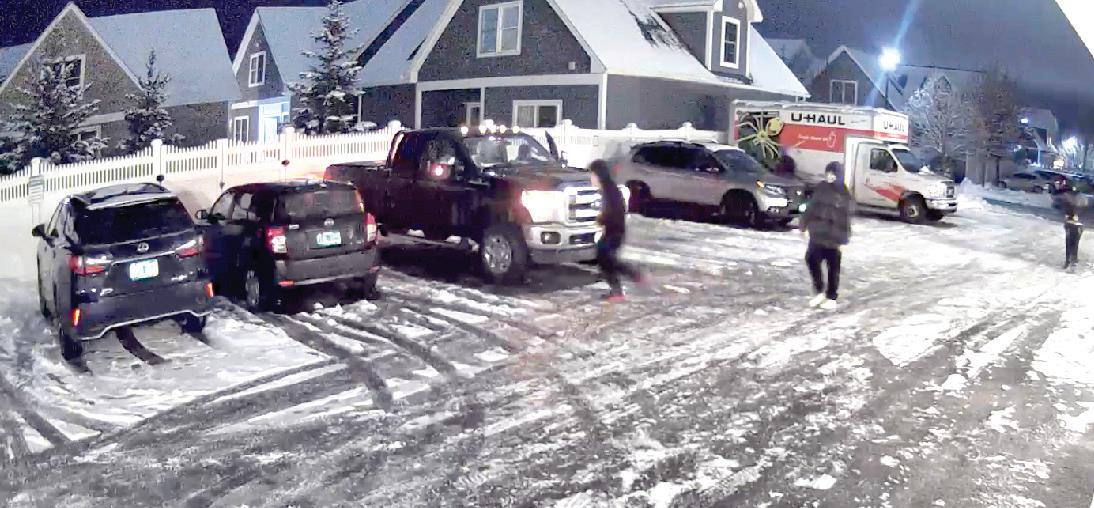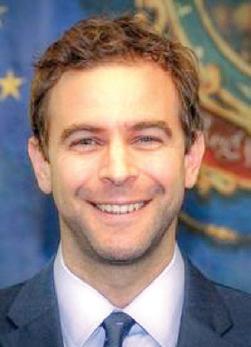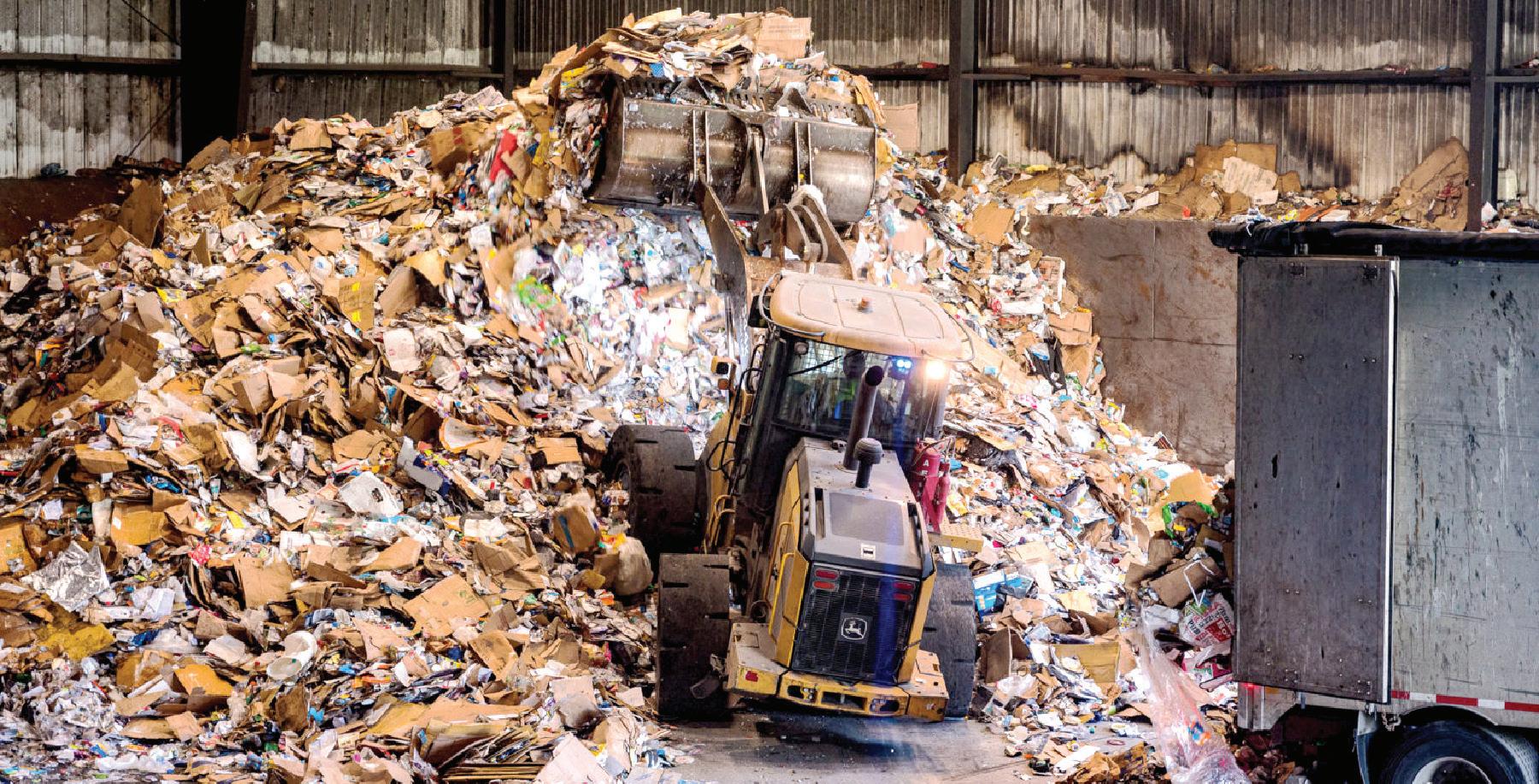
2 minute read
Around Town
Celebrating 26Years
Theft from vehicles increasing
A door camera caught what appears to be people stealing items from a truck on Jan. 22 in Finney Crossing. The Williston Police Department is investigating and asking for help identifying the people in the video.
The department also reminds residents to remove belongings from their vehicles and lock them due to an increase in theft of items from inside vehicles.
Conversations: “How We Respond to Racism”
Hosted by the Williston Federated Church, weekly discussions explore how we respond to racism, both within society and within ourselves. Over the past two-and-a-half years of these gatherings, participants have wrestled with contemporary issues such as affirmative action and criminal justice reform and conversed with community leaders.
The conversations are intended as a safe space — or a “brave space”— to honestly explore tough questions and to reflect on real-life episodes — even in our own lives — that raise the same question that John Quinones often asks on ABC television: “What would you do?”
Meetings are held Thursdays at 5 p.m. on Zoom. To receive a meeting link, email Pastor Paul Eyer at pastoreyer@gmail.com.
Williston-Richmond Rotary Club lunch meeting, Feb. 9
Community members are invited to join the Rotary club for lunch and a talk from Deputy State Auditor Tim Ashe, who will speak about what the Office of the Vermont State Auditor does to monitor state spending, and about recent reports the office has issued on the areas of corrections and housing.

Thursday, Feb. 9, 11:45 a.m. at Williston Federated Church Fellowship Hall or via Zoom. For a meeting link or to RSVP, email RotaryClubofWillistonVT@gmail.com.
Sustainable Williston Social Feb. 9 at 7 p.m.
Sustainable Williston meets every second Thursday of the month at 7 p.m. at Grazers restaurant in Maple Tree Place for drinks and discussion. Topics include climate change, the town’s energy plan, home sustainability projects, electrification, transportation, housing, gardening, recommended books/podcasts/movies and more.
For more information visit https:// www.sustainablewilliston.org.
Community Bank collecting canned foods for donation
Local branches of Community Bank are hosting a canned food drive throughout February to support local food shelves. Williston’s Community Bank branch is located on Cottonwood Drive in the new Cottonwood Crossing neighborhood off Route 2. The Community Bank network across New York, Pennsylvania, Massachusetts and Vermont is participating.
All community members are encouraged to check their cupboards and pantries for items to donate, or buy an extra item at a store for donation.
“We’re hopeful that with the help of our branches and community members, we can work together to collect food items for this drive to help keep their shelves stocked for weeks and months to come so they can continue providing food to those who truly need it the most,” Community Bank New England Regional President Matthew Durkee said.
Vermont falling short of recycling goals

BY FRED THYS VTDigger
Vermont is not meeting its goal of recycling and composting half its waste, according to a new report from the Vermont Department of Environmental Conservation.
“We need to do more with waste reduction,” said Josh Kelly, the department’s solid waste program manager and the author of the report.
Vermonters generate about the same amount of waste as they did 10 years ago, when the state’s Universal Recycling Law was passed, the report says. Meanwhile, the state’s only landfill, in Coventry, has only about 20 years’ capacity left.
“We’re getting buried in our own trash, and this report from Josh Kelly brings it home for Vermont,” said state Rep. Amy Sheldon, D-Middlebury, chair of the House Committee on Environment and Energy.


In addition, per- and polyfluoroalkyl substances, known as PFAS, are threatening recycling, composting and waste disposal, Kelly said. The report proposes halting the production of these chemicals, which are found in many consumer products, from clothes to furniture, carpets and food packaging.
“It’s a sleeping giant that we’re all going to need to deal with in the coming years,” Sheldon said. “It’s highly toxic, and it’s in all of us.”
The report notes it is increasingly costly for municipalities to treat these chemicals in drinking water, wastewater, landfills, recycling and composting.











